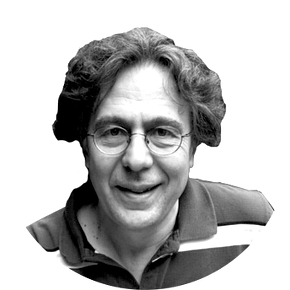Love | Hate… amore odio… a 20 esatti dal genocidio del Rwanda, il 7 aprile 2014 una radio inizia a trasmettere racconti che narrano di amore e odio, che ripercorrono la sanguinosa faida del paese africano e che tentano di portare la riconciliazione. La radio si chiama Soap Radio e parla di riconciliazione, di armonia, di pace, e lo fa sulle stesse frequenze della radio che più di ogni altra nel 1994 aveva incitato alla lotta, all’omicidio, al sangue. Love e Hate! Soap Radio e il suo tentativo sono i protagonisti di Love Radio, una web documentario crossmediale che usa gli episodi radiofonici, fotografie, film e una mostra ad Amsterdam per narrare di questa storia incredibile…
Qui il sito
Love Radio is a transmedia documentary by Eefje Blankevoort and Anoek Steketee about the process of reconciliation in post-genocide Rwanda. It consists of a web documentary, tappable stories for smartphones and an exhibition in Foam | Photography Museum Amsterdam. Love Radio combines film with photography, audio, text and archive material. April 2014 marks 20 years since around 700,000 Tutsis and 50,000 moderate Hutus were murdered. Virulent hate campaigns in the media were at the heart of the genocide. On the same frequency that in 1994 incited the murder of the Tutsi ‘inyenzi’ (cockroaches), radio soap Musekeweya (‘New Dawn’) today broadcasts a message of reconciliation. The soap is immensely popular, with hundreds of thousands of Rwandans tuning in to the weekly episodes. Musekeweya was launched in 2004 by the Dutch NGO Radio La Benevolencija. The soap applies the theories put forward by American psychologist Ervin Staub on the origins of genocide and violence. The makers hope it will heal the wounds inflicted by the genocide and prevent future bloodshed. Love Radio straddles the thin line between fact and fiction. At first glance it tells a linear, almost fairy-tale narrative, based on the radio soap Musekeweya. But a closer look reveals the complex reality. While in the soap happy endings predominate, reconciliation in real life is rather more intransigent. After the gruesome killings, how can perpetrators and victims live with and love each other?



